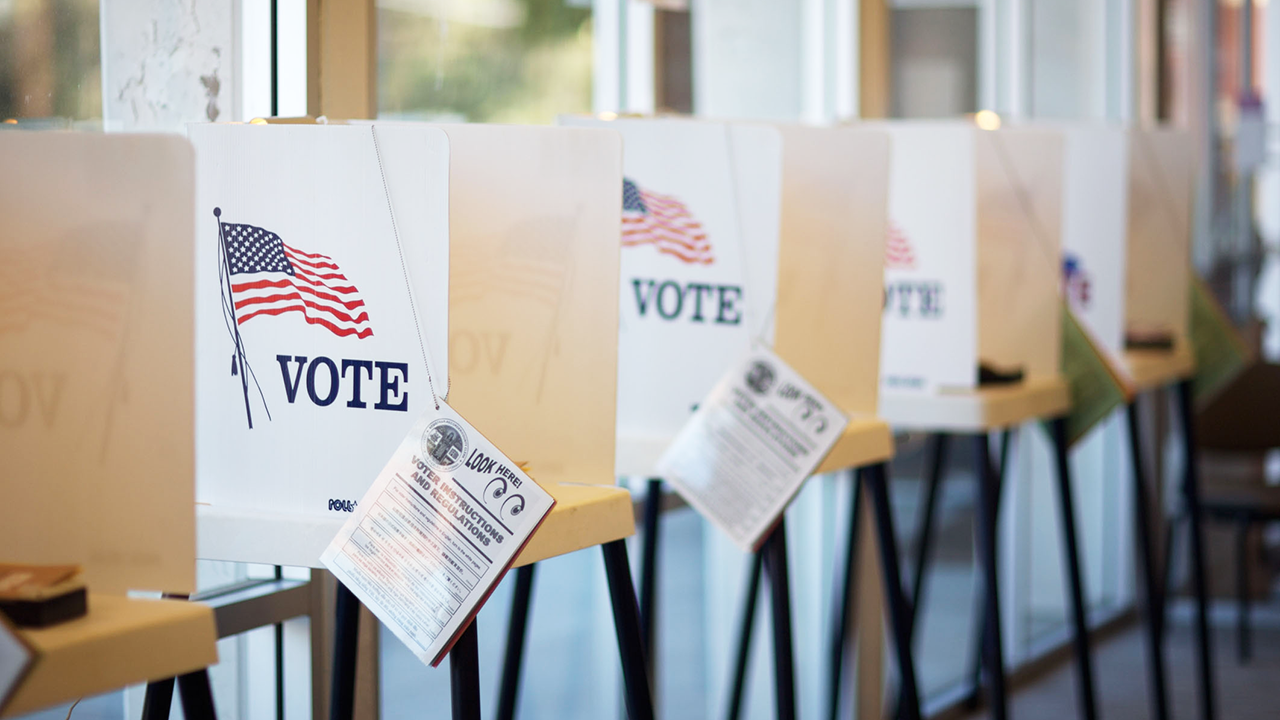
As the 2020 election season ramps up and Americans deliberate which candidate to vote for at the polls this November, a University of Minnesota research center aims to understand what’s driving their decision.
The Center for the Study of Political Psychology (CSPP), which celebrates its 25th anniversary this year, explores how people make political judgments and the consequences those judgments have for the broader political system. The center is a collaboration between three departments in the UMN Twin Cities’ College of Liberal Arts: the Department of Psychology, Department of Political Science, and Hubbard School of Journalism & Mass Communication.
Founded in 1995 by Eugene Borgida, PhD, professor of psychology and law, and John Sullivan, PhD, now professor emeritus of political science, the center is one of the leading research and graduate training centers in the US for political psychology. Christopher Federico, PhD, director of CSPP and professor of political science and psychology, said the center opens doors to faculty and student collaborations between the disciplines and provides graduate students an opportunity to learn from different ideas and approaches.
“The CSPP has always had a very explicit and thematic interdisciplinary focus,” said Federico, who has been part of the center for nearly 20 years. “The whole idea has been to transcend disciplinary silos.”
Psychology of the American Voter
With the presidential election coming up later this year, CSPP is preparing to conduct a large-scale survey that gauges how people feel about the candidates and major issues over the course of their campaigns. The survey aims to reach a sample of Americans that represent the voting-age population of the US, and then reconnect with that same group of people at several points during the year.
“The whole point of that is to see how people’s attitudes change over the course of a campaign as a function of reception of news, their own particular personality traits, and how those intersect with the nature of particular campaigns,” Federico said.
While there are several major surveys conducted in the US every election year to gauge voter sentiment, what sets CSPP’s study apart is its ability to measure the psychological factors at play in voter attitudes and behavior through more in-depth survey questions and the addition of experiments.
For example, by randomly assigning participants to receive two versions of the same political message delivered by different spokespeople, CSPP researchers can measure how qualities like the partisan allegiance or race of the spokesperson affects a person’s response to their message. The researchers can go beyond studying a voter’s explicit attitudes (how they say they feel about something) to learn about implicit attitudes (those a person may be less aware of, such as subconscious negative associations).
The center conducted similar surveys during the 2012 and 2016 elections, as well as during the 2018 midterm election. The surveys have some aspects in common, such those asking how the respondent feels about the candidates, but each one also includes many customized questions designed to answer the specific research topics graduate students aim to pursue.
The Changing Political Landscape
Over the years since CSPP was launched, trends have changed in the study of political psychology. Researchers have placed a stronger focus on understanding how personality traits intersect with political attitudes and a willingness to be politically active. The social groups people belong to and why they care about those groups is another focus, as people derive part of their own identity from their social affiliations, whether those social identities are religious, ideological, racial, or dependent on living in an urban or rural area.
“People come to value partisanship as an identity in and of itself,” Federico said. “They just want to see their team win. That basic idea can explain a lot about political behavior, as political behavior is ultimately about groups and conflicts among groups.”
There’s also been some evidence that polarization in politics—the separation between Democrats and Republicans—has become more pronounced. Fewer people now occupy the center of the political spectrum, Federico noted, and the divide between parties feels larger due to an increase in “affective polarization,” a phenomenon wherein people harbor a strong dislike for the party they don’t belong to.
Understanding the mechanisms behind these and other trends in politics demonstrates the value of studying political psychology. The field combines what psychologists know about how individuals behave and what political scientists know about how groups and governments work to create a more integrated view of politics, Federico said.
“We need a way of understanding what the relationship is between the individual’s thoughts, feelings, and behaviors and the institutions that people’s actions constitute together,” he said. “Psychology is a good way of tying those two levels of analysis together. It works the other way, too—in studying how people behave in political contexts, we can also learn something about their basic psychological functioning.”